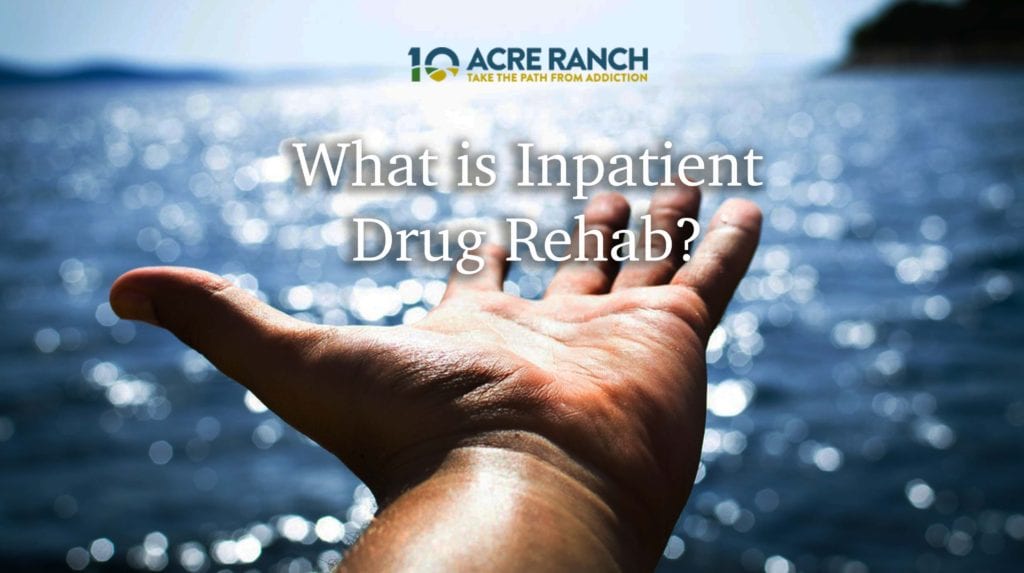While some consider these medications to be simply just a replacement addiction, the effects of buprenorphine do not produce a …
How to Cope with the Loss of a Loved One During Recovery from Addiction
Understanding that the grieving process is an important part of recovery is a good start. While a person recovers from an …
Continue Reading about How to Cope with the Loss of a Loved One During Recovery from Addiction
4 Common Meditation Mistakes
By now, you know that meditation is important for achieving and maintaining lasting recovery and finding joy in a life without …
4 Reasons Why Men Should Meditate During Recovery
Pretty powerful stuff from a seemingly simple practice – don’t you think? If you’re still skeptical, we have a few more reasons …
Continue Reading about 4 Reasons Why Men Should Meditate During Recovery










